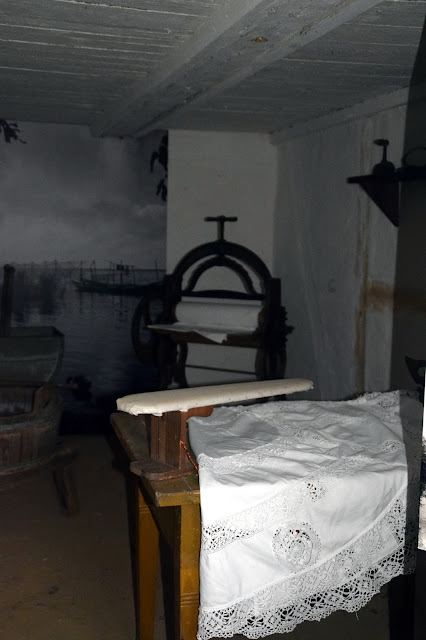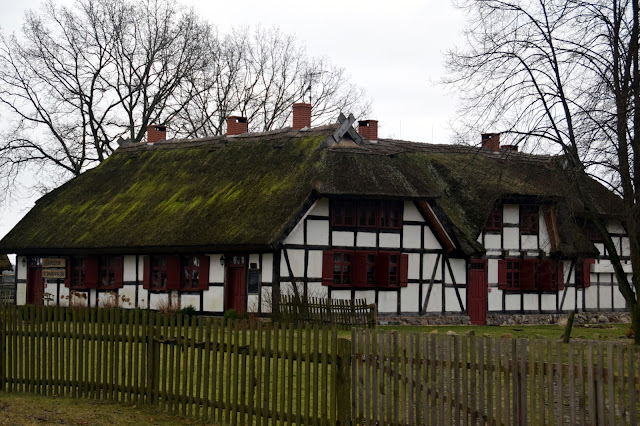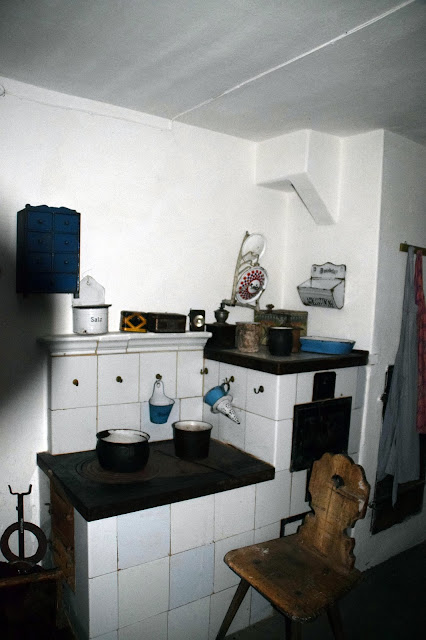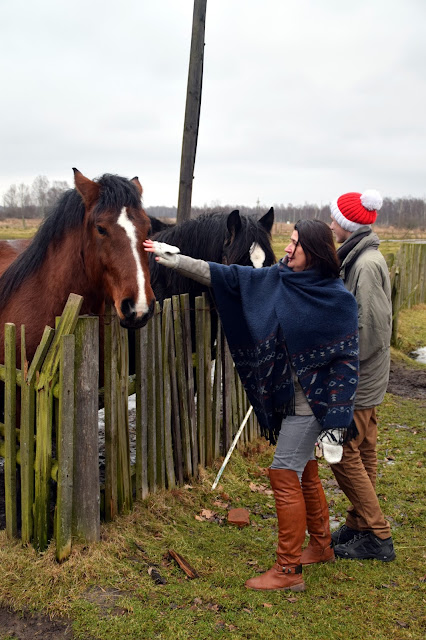Kluki was initially called Otok. When it first appeared in written sources, and it was the 17th
Century, it consisted of eight farms, of which six belonged to the Kluk
family. No wonder then that after some time had passed, the name of
most of its residents replaced the original name of the place. People
living in the area, the Slovincians, were a Slavonic people who
were quickly Germanised due to early German influences. The lack of
contact with other Slavonic ethnic groups resulted in a much deeper
Germanisation than was the case with the Kashubians. Despite adopting
German as their own language, the Slovincians preserved the sense of
their own identity and ethnic autonomy until the end. The end came with
World War II, and the great movement of people in its aftermath. The
inclusion of the areas of today’s Central Pomerania into Poland meant
that the Slovincians first had to face frequent harassment, and then
were left no choice but to emigrate, as they were regarded as Germans,
and as such had to leave their small homeland. One of the places that still foster the memory of their presence and special culture is theSlovincianCountryMuseum in Kluki.
On ten hectares, on the site of
the former heart of the village, the preserved buildings have been
secured, and later added to by buildings moved from other sites. That
is how the open-air museum came about, featuring about 20 buildings,
including residential houses and outbuildings with a
timber-framed structure characteristic of the “Checkered-House Land”.
The interiors are filled with Slovincian items, so the exhibition also
includes equipment and furnishings.
The open-air museum in Kluki is a lively place. Ethnographical events regularly take place here, allowing the tourists not only to
see what a Slovincian village once looked like, but to try to form a
pot, bake bread, or plait fur. Particularly popular is the yearly “Carne
Wesele” (Black wedding), a feast connected with the tradition of peat
extraction – once an important resource for the local economy.








































































No comments:
Post a Comment